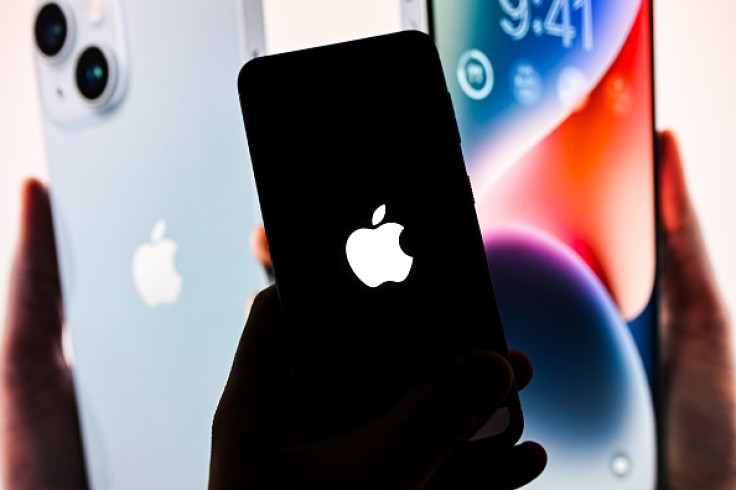Apple is investigating a somewhat critical iOS 17 flaw.
The tech giant recently confirmed it is looking into a problem with its newly released iOS 17 that resets certain privacy settings of some iPhone users without warning or permission.
Apple released its iOS 17 software update on Sept. 22 alongside its iPadOS 17 and iPhone 15 lineup.
iOS 17's Privacy Concern
🚨PSA: iOS 17 turns these sensitive location options back on. If you have disabled significant locations as well as adding your location information to your iPhone analytics before upgrading to iOS 17, iOS 17 will turn the options on as shown in the screenshot.
— Mysk 🇨🇦🇩🇪 (@mysk_co) September 23, 2023
While significant… pic.twitter.com/ROVEgPqw08
Apple's iOS 17 update brought a lot of features to iOS phones - the iPhone 15 included. However, there is one problem with it that Apple has yet to resolve.
A report from 9to5Mac revealed that some iPhone users found their previous privacy settings were suddenly changed without their permission after updating to iOS 17. This issue was evidenced by an X.com post from Mysk showing that users' Significant Locations and iPhone Analytics were automatically switched on without warning or permission despite them toggling them off before updating their iPhones to iOS 17.
Other iPhone users also flocked to Mastodon to air their concerns about this issue, per a Forbes report. The affected users have stressed that they didn't notice anything unusual or worrying when they were updating their iPhones to iOS 17.
The fears of affected iPhone users aren't without merit. Mysk also stated in its Mastodon post that while significant locations remain local on a user's iPhone, the feature records detailed information about the location the user visits frequently.

As such, hackers, stalkers, and other bad actors could abuse the records the feature has to whatever end they want. However, it should be noted that the data the feature records is end-to-end encrypted, and not even Apple can read it.
On the other hand, while the iPhone Analytics feature is being shared with Apple, the analytics reports the feature sends to the tech giant could include a user's location information. If a user opts to send their location information with these analytics reports, they could expose themselves to privacy implications, even if the reports don't identify them.
However, Mysk admits that these concerns are not worrisome for the vast majority of iPhone users - it is a configuration change annoyance for them instead of a critical concern. "This only applies to targeted individuals," Mysk confirmed on Mastodon, "not the vast majority of users."
Apple has confirmed that updating to iOS 17 shouldn't change users' prior privacy settings, and it is investigating the issue at hand as a result.
What Does iOS 17 Offer?
Apple's iOS 17 offers a variety of new features for iPhones with the hardware to support it. Although it is missing a few features on release, the ones that did make it are more than enough for iPhone users to spend their time on.
For instance, the software update comes with a StandBy mode that allows an iPhone to act as a smart display. While this mode is active, an iPhone will display the time, widgets, Live Activities, and more.
Additionally, it features the ability to use the Shortcuts app to create actions to quickly open other Camera app modes, like Video and Portrait, rather than the default Photo mode. This ability allows users to access an iPhone's camera's other skills without going through the camera's default Photo mode.
Interestingly, iOS 17 has a SharePlay feature that allows iPhone users to play the same game, watch the same video, or play the same music while giving them control. iPhone users with iOS 17 can also send a Check In Message to another iPhone user, notifying trusted contacts (who are also using iPhones) they are safe upon arriving at their destination.
Related Article : Apple's iOS 17 is Missing Some Features at Launch









